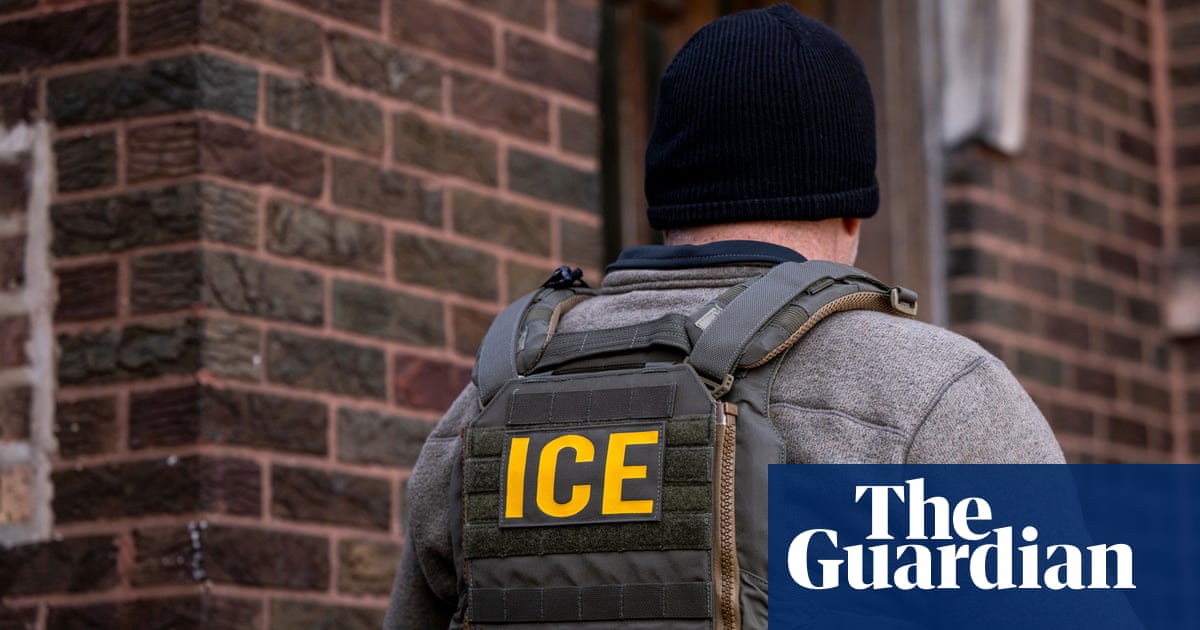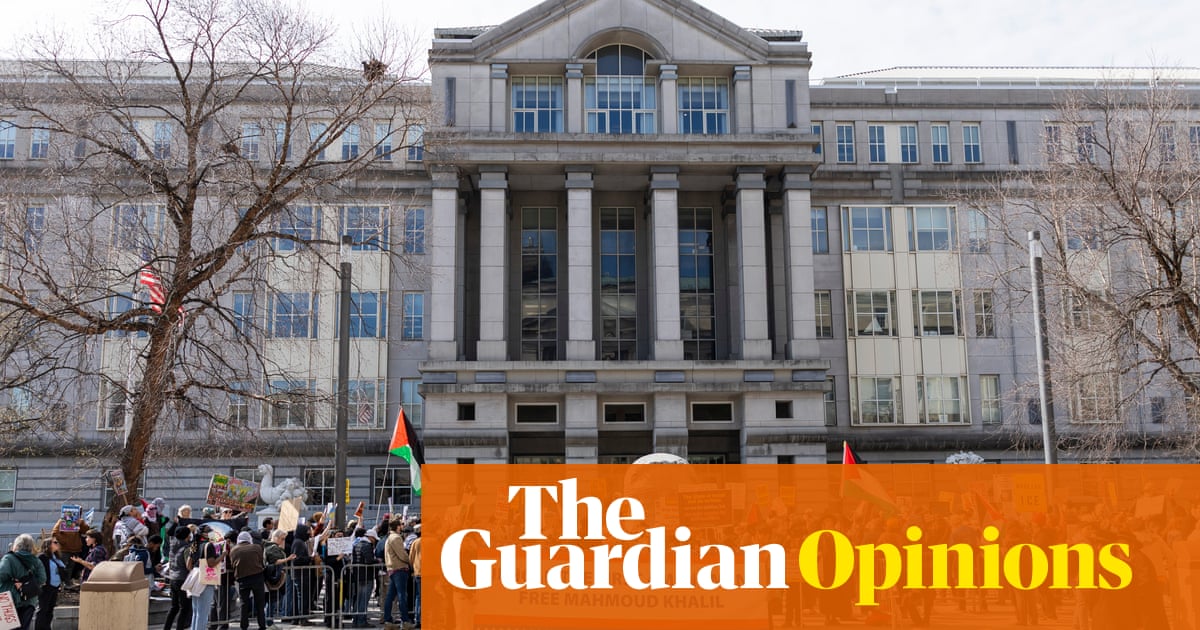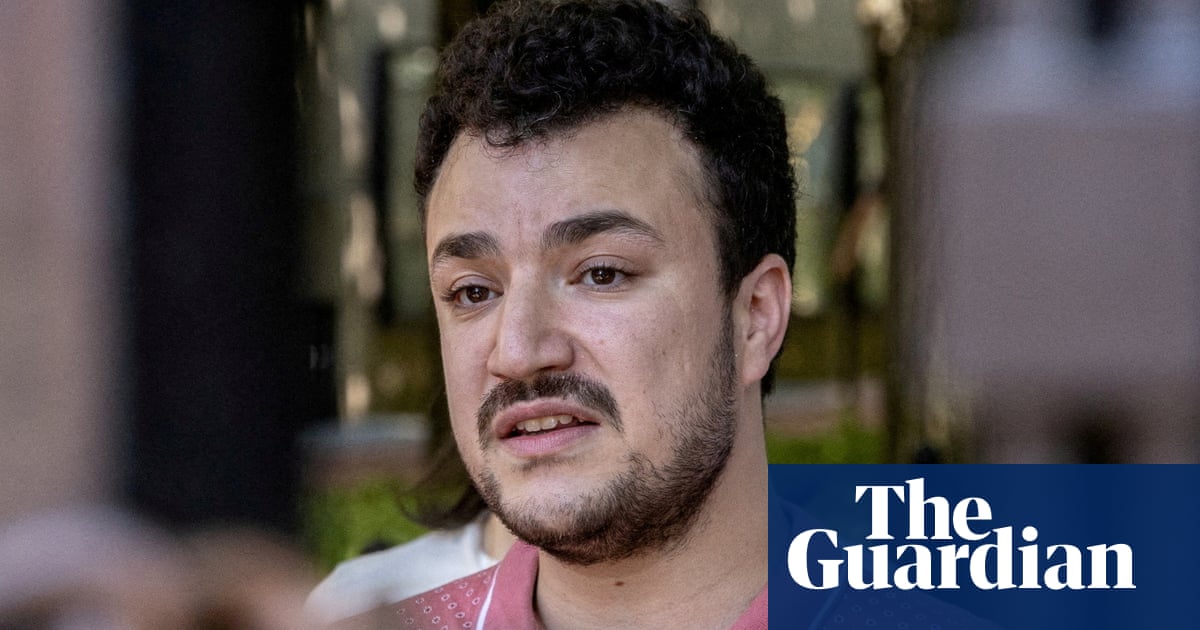HARRISBURG, Pa. (AP) — A federal judge has rejected President Donald Trump 's effort to dismiss a defamation lawsuit against him filed by the men formerly known as the Central Park Five who were exonerated after spending more than a decade in prison for the 1989 rape and beating of a woman who was jogging.
U.S. District Judge Wendy Beetlestone in Philadelphia denied Trump's motion to dismiss in a brief Thursday night order.
The five men sued Trump in the midst of last fall's presidential election campaign, accusing him of making “false and defamatory statements” about them during the Sept. 10 debate in Philadelphia with then-Vice President Kamala Harris.
Trump misstated key facts of the case when Harris brought up the matter, saying “They admitted, they said, they pled guilty. And I said, ’well, if they pled guilty they badly hurt a person, killed a person ultimately. And if they pled guilty — then they pled we're not guilty,'” Trump said.
The men — Yusef Salaam, Antron McCray, Kevin Richardson, Raymond Santana and Korey Wise — never pleaded guilty; they were convicted after jury trials. Also, no victim died.
In a statement, their lawyer, Shanin Specter, said they are "gratified by the Court’s ruling and thorough analysis and look forward to discovery, trial and the ultimate vindication of these five fine men.”
The men had asked for compensatory and punitive damages, saying Trump had knowingly defamed them, purposefully made false statements about them and sought to inflict severe emotional distress on them.
Judge Beetlestone’s order dismissed the claim for intentional infliction of emotional distress.
Trump's lawyer, Karin Sweigart, in a statement called the lawsuit an “unfounded and meritless attack” on Trump. The judge's dismissal of certain claims is a “victory," Sweigart said, and vowed to "continue fighting to protect the First Amendment rights of not just the President, but all Americans.”
In the request to dismiss the case, Sweigart had said the president's statements were protected under Pennsylvania laws that grant civil immunity over statements made on a “matter of public concern.”
Sweigart's request to dismiss also said Trump's statements were “substantially true,” that he didn't dispute the men were ultimately exonerated and that he had only intended to portray his thinking in 1989 when, following the men having confessed, Trump purchased a full-page ad in The New York Times calling for the reinstatement of the death penalty.
At the time, many in New York saw Trump’s ad as calling for the teens to be executed.
The five men had been teenagers when they were accused of the rape and beating of a white woman jogging in New York City’s Central Park. The five, who are Black and Latino, said they confessed to the crimes under duress. They later recanted, pleading not guilty in court, and were later convicted after jury trials. Their convictions were vacated in 2002 after another person confessed to the crime.
When the lawsuit was filed, Specter said Trump “defamed them in front of 67 million people, which has caused them to seek to clear their names all over again."
A Trump campaign spokesperson attacked it at the time as a "frivolous election interference lawsuit.”
___
Follow Marc Levy on X at: https://x.com/timelywriter

 German (DE)
German (DE)  English (US)
English (US)  Spanish (ES)
Spanish (ES)  French (FR)
French (FR)  Hindi (IN)
Hindi (IN)  Italian (IT)
Italian (IT)  Russian (RU)
Russian (RU) 























Comments